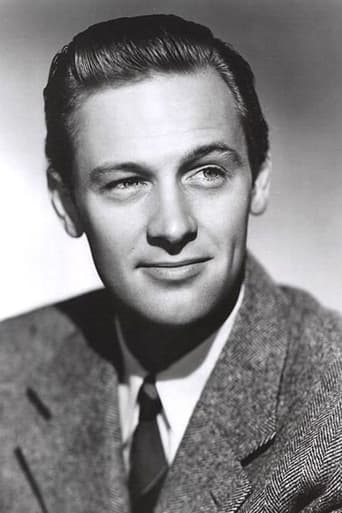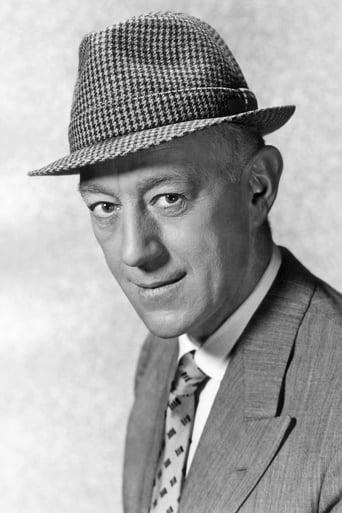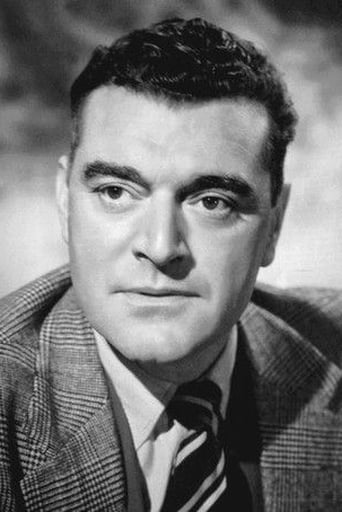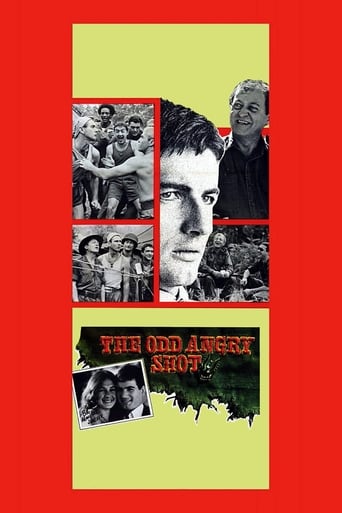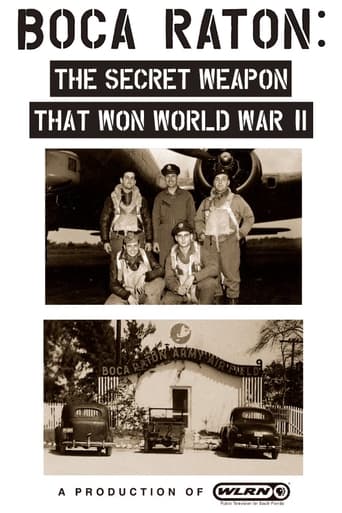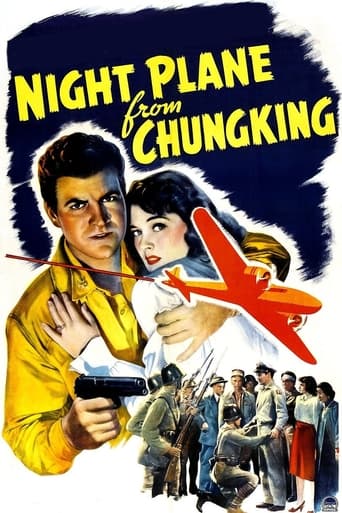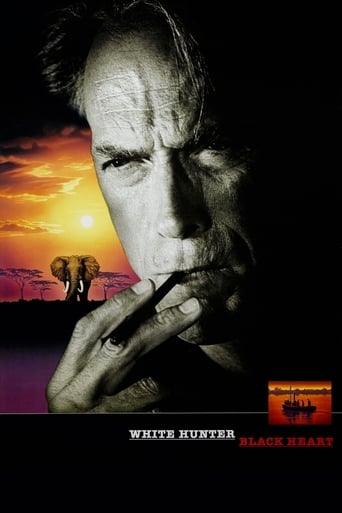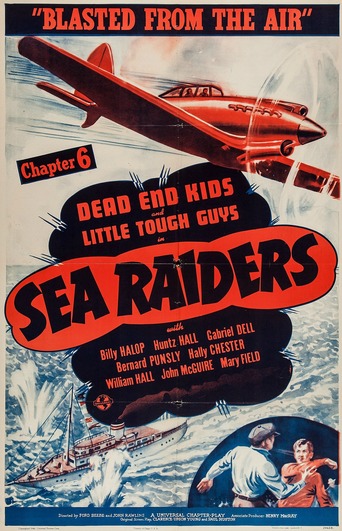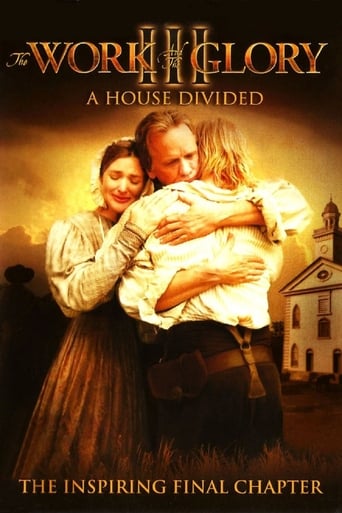The Bridge on the River Kwai (1957)
The classic story of English POWs in Burma forced to build a bridge to aid the war effort of their Japanese captors. British and American intelligence officers conspire to blow up the structure, but Col. Nicholson, the commander who supervised the bridge's construction, has acquired a sense of pride in his creation and tries to foil their plans.
Watch Trailer
Cast
Similar titles
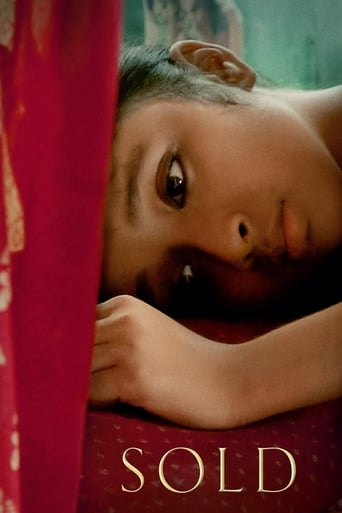
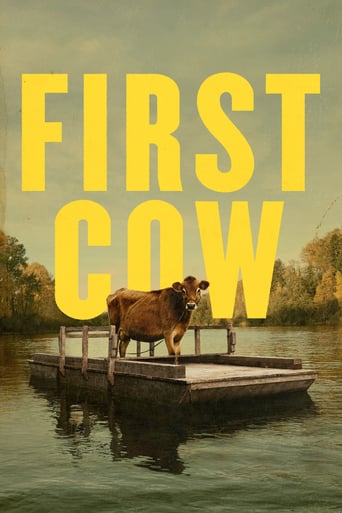
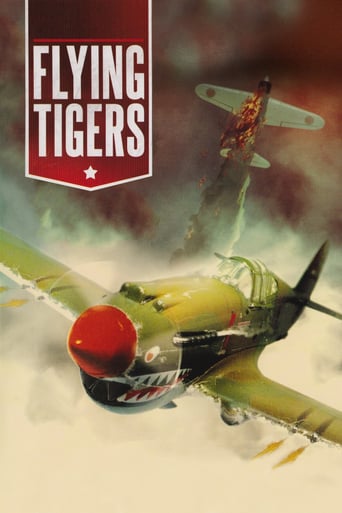
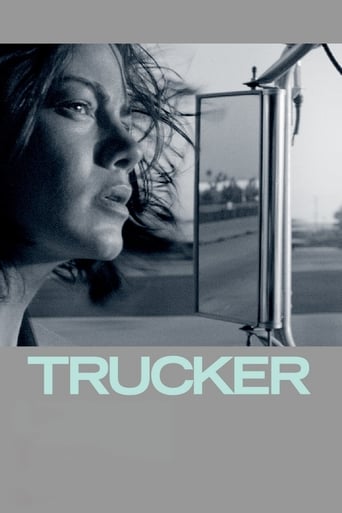
Reviews
the audience applauded
Such a frustrating disappointment
By the time the dramatic fireworks start popping off, each one feels earned.
One of the worst ways to make a cult movie is to set out to make a cult movie.
In my humble opinion, this is Director David Lean's finest film (just above BRIEF ENCOUNTER, OLIVER TWIST and GREAT EXPECTATIONS) and, albeit less famous, spectacular and beautiful than LAWRENCE OF ARABIA, it is a more self-contained and perceptive film, in regard to human emotions and pitfalls.Frankly, I do not give a toss whether this film is historically inaccurate. It does not claim to be true to life, and there is a great lesson to learn from it, notably that following principles to a T does not pre-empt the emergence of contradictory situations, such as when Colonel Nicholson (sublimely played by Alec Guinness), who had refused on principle to have his officers work 'like coolies,' ultimately is quite ready to relent on that demand when he becomes entranced by the notion that the bridge could last 600 years, and the British Army remembered for its construction.Guinness deservedly picked up the Best Actor academy award for his role as Col. Nicholson, who stubbornly wants to maintain conventional and civilized values in the jungle and in the face of an enemy of a different and opposing culture, embodied by the Japanese camp commander, brilliantly played by Sessue Hayakawa.Holden acts as a kind of comic relief, an American caught in the middle of British POWs in Burma, and his role is reminiscent of the one which won him an Oscar in STALAG 17, where he acted as the in-between fellow who managed to bribe the guards and get the goodies, but who has enough decency in him to earn the viewer's sympathy.Jack Hawkins is superlative as the British commander who leads the operation to destroy the bridge on the River Kwai. Why he did not pick up a best supporting actor Oscar beats me. He is the very embodiment of the stiff upper lip British officer with touches of sardonic humor and complete professionalism.And, finally, James Donald, as the medic with the bird's eye view (an eagle is seen flying over the forest some 3 or 4 times during the film), who sees all with detachment and concludes that war is madness. His is a minor but crucial role, and he delivers with great aplomb.Photography, action sequences, script, and soundtrack are all of the highest quality. THE BRIDGE ON THE RIVER KWAI is, without a doubt, one of my all-time favorites and perhaps the greatest anti-war war movie ever made. 10/10
Copyright 1958 by Horizon Productions. Released worldwide through Columbia Pictures Corp. New York opening: 18 December 1957. U.S. release: November 1957. U.K. release: 9 February 1958. Australian release: 8 March 1958. Sydney opening at the Lyceum. 14,506 feet. 161 minutes. (Available on a superb Columbia DVD).SYNOPSIS: Captured British officer eventually agrees to co-operate with the Japanese in building a railway bridge across the River Kwai.NOTES: Extraordinarily, Pierre Boulle himself, author of the 1955 novel, although he had absolutely nothing at all to do with the writing of the screenplay, was handed the annual Academy Award for Best Screenplay Based on Material from Another Medium.The only other category for which the film was Oscar-nominated was Supporting Actor, in which Sessue Hayakawa was defeated by Red Buttons in "Sayonara". On the other hand, this movie was the Winner of the British Film Academy Awards for Best Film, Best Screenplay (incorrectly awarded to novelist Pierre Boulle instead of Carl Foreman and Michael Wilson), Best Actor, Sir Alec Guinness. Winner of the New York Film Critics Awards for Best Motion Picture, Best Direction, Best Male Performance (Sir Alec Guinness). Most Outstanding Directorial Achievement of 1957 — Directors Guild of America.Best Film of 1958 — Film Daily poll of American film critics. Best Film of 1957, Best Director, Best Actor (Guinness), Best Supporting Actor (Hayakawa) — National Board of Review.Number one attraction at the U.S. and Canadian box office for 1958 with an initial domestic rental gross exceeding $15 million. Number one box office hit in the U.K., Australia, New Zealand, Ceylon, Burma and South Africa for 1958. Top of the foreign film rentals in India and second to Sayonara among foreign film releases in Japan.Negative cost: only $2.9 million. Locations filmed in Burma. A major contribution to the music score's success is due to Malcolm Arnold's use of K.J. Alford's "Colonel Bogey March".COMMENT: Although I'd agree with a minority of critics that William Holden, fine actor though he is, doesn't quite belong in this movie, it still ranks as an outstanding achievement in all departments. I'm inclined to agree for once with the Press Book superlatives, headlined here as BRITAIN'S GREATEST MOTION PICTURE TRIUMPH! Maybe a little less than "greatest" as there are a number of films including The Red Shoes, Great Expectations, The Winslow Boy, The Third Man, Henry V and Owd Bob which have equal if not superior claims. But a great British triumph certainly. Thanks mainly to Guinness, Hayakawa, Hildyard, Arnold, and Lean.ANOTHER REVIEW: The movie holds up reasonably well. The conflict between three national types represented by Guinness, Hayakawa and Holden is not only well observed and sharply presented, but still holds true these twenty years later. Holden is not outdone or out- acted or even over-classed. In fact he holds up his end remarkably well. Hawkins does not have a principal role, but heads the A-1 support cast... Not only a marvelous technical triumph, but powerful, perhaps even too forceful entertainment (to use that word in its broadest sense). Only the somewhat ambiguously too-ironical conclusion fails to fully satisfy and drive the message really solidly home. — J.H.R. in Sydney Shout (December 1977).
Wow this is still a powerful work. The Bridge on the River Kwai is David Lean's WW2 epic made several years before his masterpiece Lawrence of Arabia. It's not on that level of perfection, but it's still a damned great movie. They don't make films like this anymore. I remember being shown this film in a movie appreciation segment by a teacher in elementary school. I then would watch it every chance I got as I grew older. Alec Guinness and William Holden give what may be their best performances. Younger people raised on fast-paced CGI hyper-edited ADHD movies would probably complain that this is boring. Their loss, and dead wrong. THIS is how films should be made. Take your time with location work and character development. There is one particular shot in the jungle where the commandos are hunting a stray Japanese solder. They startle hundreds of bats from sleep, and the bats fill the sky. The shadows of the bats flicker on the jungle below, making the search even more difficult due to the eye being drawn all around to the shadows flickering on the leaves. Brilliant scene. If you haven't seen this movie, you owe it to yourself to watch it. "Madness."
THE BRIDGE ON THE RIVER KWAI is a great war drama based on the conflict and ideals. Parodic moments are visible in a fictional story. Nevertheless, I think that this story, which is based on the novel of the same name, is very interesting and sincere. In the second part of the film, the story takes on the characteristics of an adventure thriller.A large contingent of British prisoners arrives in a Japanese camp. The prisoners have to build a bridge on a river. Two colonels collide and one prisoner manages to escape from the camp. Failing to break the resistance, and facing a fact that the bridge will not be built in a given period, Japanese colonel accepts a proposal of a British colonel (prisoner) that he and his soldiers build the bridge. One of the protagonists considers that bridge must be built perfectly in order to remain an example of the skills and knowledge of British soldiers. However, a special unit was tasked to bring down the newly built bridge...Conflicts are extremely tense and uncertain in this film. It is difficult to draw a line between the bad guys and the good guys or the winners and losers. Dialogues have been filled with quite a dose of irony and humor. Conflict of the characters is based on discipline, obsession and professionalism. Scenery is a little masterpiece. Mr. Lean has directed a story so powerful and so wise that time in the film simply "flying".Alec Guinness as Lieutenant Colonel Nicholson is, to say the least, a split personality. A brave and persistent colonel is transformed into a stupid snob. His character is incredibly interesting. Under the cover of a war hero and a true leader an idiot is hiding. Mr. Guinness has given us one of the best and the most important militaristic portraits in the film.William Holden as Commander Shears is a soldier who found himself in the wrong place at the wrong time. He is resourceful and sarcastic .... and maybe a little romantic. The only protagonist who pays attention to women in this film.Sessue Hayakawa as Colonel Saito is brutal, stubborn and lazy. I would say, this colonel was incapable for any kind of action and work. This is a parody. That's the point. Jack Hawkins as Major Warden is determined character, who puts war aim ahead of human life.The last words of one of the protagonists describe this movie the best .... in this case in a positive way of course. This film is one of my favorites.




